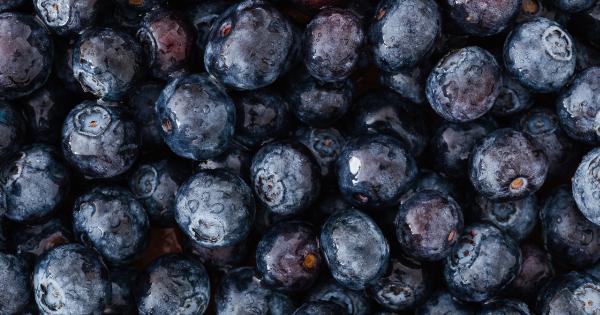Tannins are a group of compounds that are widely distributed in the plant kingdom. They are characterized by their ability to bind with proteins and other organic compounds, which gives them a distinctive astringent taste.
Tannins have been used for centuries for a variety of purposes, including tanning leather, dyeing textiles, and preserving food. In recent years, research has shown that tannins also have a range of health benefits, including antioxidant and anti-inflammatory properties.
What are Tannins?
Tannins are a type of polyphenol that are found in many plant species. They are typically divided into two main groups: hydrolyzable tannins and condensed tannins.
Hydrolyzable tannins are complex molecules that can be broken down into smaller subunits, while condensed tannins cannot. Both types of tannins have astringent properties, which gives them their characteristic taste.
Health Benefits of Tannins
Tannins have been shown to have a range of health benefits, including:.
Antioxidant Properties
Studies have shown that tannins have antioxidant properties, which means that they can help to protect cells from damage caused by free radicals.
Free radicals are unstable molecules that can damage cells and contribute to the development of chronic diseases such as cancer, heart disease, and Alzheimer’s disease. By neutralizing free radicals, tannins may help to reduce the risk of these diseases.
Anti-Inflammatory Properties
Tannins have also been shown to have anti-inflammatory properties. Inflammation is an important part of the body’s immune response, but when it becomes chronic it can contribute to the development of many diseases.
Tannins may help to reduce inflammation by inhibiting the production of inflammatory molecules in the body.
Anti-Cancer Properties
Research has shown that tannins may have anti-cancer properties. Studies have found that tannins can inhibit the growth and spread of cancer cells in the laboratory.
While more research is needed to determine whether these effects can be replicated in humans, the findings suggest that tannins may be a promising area of cancer research.
Types of Tannins
There are many different species of plants that contain tannins, including:.
Black Tea
Black tea is a rich source of tannins, particularly theaflavins and catechins. These tannins have been shown to have a range of health benefits, including reducing the risk of heart disease and stroke.
Green Tea
Green tea also contains tannins, particularly a type of catechin called epigallocatechin gallate (EGCG). This tannin has been shown to have anticancer and anti-inflammatory properties, among other benefits.
Cocoa
Cocoa contains a type of tannin called procyanidins. These tannins have been shown to have antioxidant and anti-inflammatory properties, and may help to reduce the risk of heart disease.
Red Wine
Red wine is a rich source of tannins, particularly a type of condensed tannin called procyanidins. These tannins have been shown to have a range of health benefits, including reducing the risk of heart disease and cancer.
Cranberries
Cranberries are a rich source of tannins called proanthocyanidins. These tannins have been shown to help prevent urinary tract infections and may also have anticancer properties.
The Bottom Line
Tannins are a group of compounds that are found in many plant species. They have been shown to have a range of health benefits, including antioxidant, anti-inflammatory, and anticancer properties.
Sources of tannins include black tea, green tea, cocoa, red wine, and cranberries, among others.































